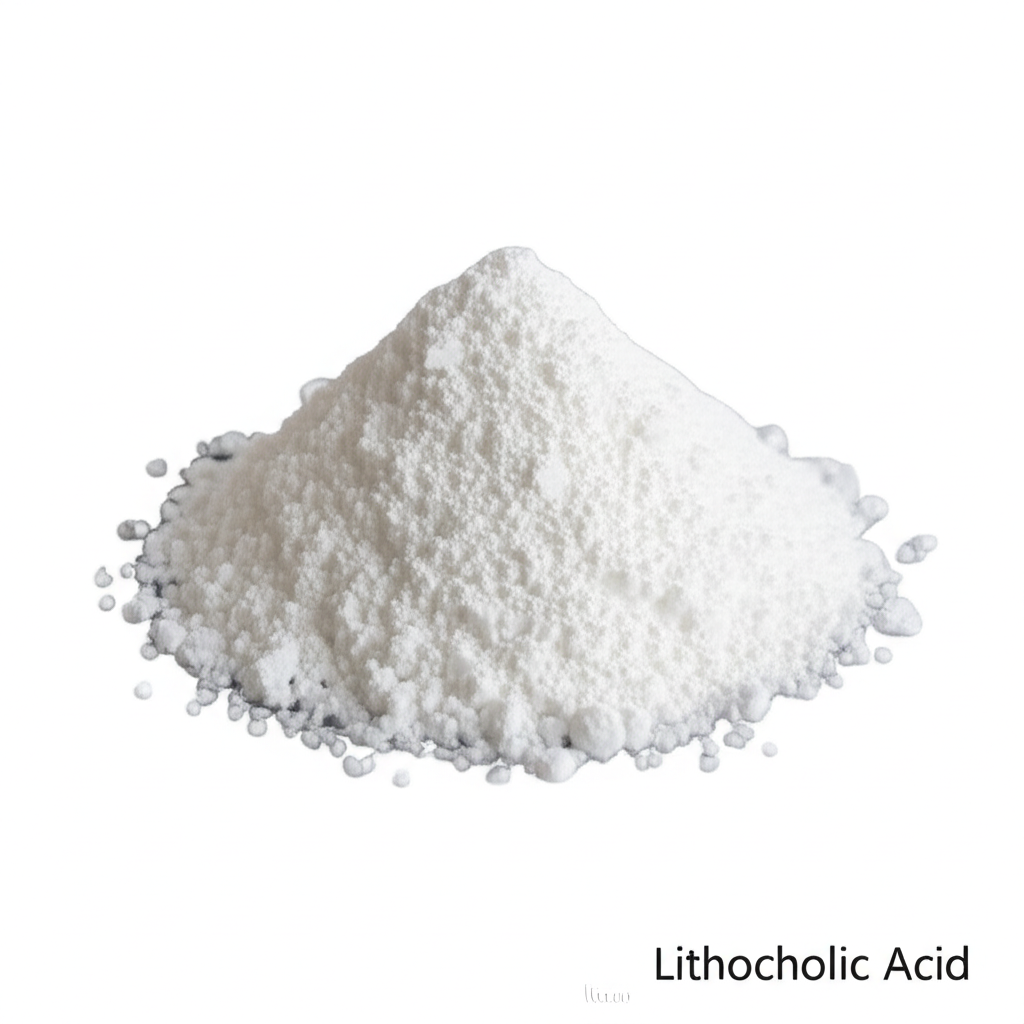Lithocholic Acid: Unveiling its Scientific Significance
Explore the multifaceted roles of Lithocholic Acid, a key bile acid in biochemical research.
Get a Quote & SampleProduct Core Value

Lithocholic Acid
Lithocholic acid (LCA) is a potent secondary bile acid that plays a crucial role in various biological processes. It's known for its ability to activate key nuclear receptors such as the Vitamin D Receptor (VDR), Pregnane X Receptor (PXR), and Farnesoid X Receptor (FXR). Its interaction with these receptors influences metabolic pathways and cellular responses, making it a valuable tool in scientific research, particularly in areas concerning liver health and disease.
- Discover the lithocholic acid chemical properties, including its appearance as a white crystalline powder and its solubility in DMSO and ethanol.
- Investigate the lithocholic acid biological activity, focusing on its role as an FXR agonist and VDR/PXR activator, crucial for understanding metabolic regulation.
- Learn about the lithocholic acid benefits in research settings, from its potential anti-aging effects to its impact on cellular processes, by exploring various studies.
- Find reliable sources to buy lithocholic acid powder and understand the intricacies of sourcing this compound from reputable lithocholic acid suppliers.
Key Advantages of Lithocholic Acid in Research
Versatile Receptor Activation
Lithocholic acid is a powerful activator for VDR, PXR, and FXR, making it invaluable for studying these critical signaling pathways and their downstream effects.
Metabolic Pathway Insight
Its role in bile acid metabolism and signaling offers unique insights into lipid metabolism and related disorders, contributing to a deeper understanding of physiological functions.
Emerging Anti-Aging Research
Preliminary studies suggest that lithocholic acid exhibits anti-aging effects, opening new avenues for research into longevity and age-related diseases.
Key Applications
Liver Health Research
The compound is extensively studied for its role in liver conditions, offering insights into cholestasis and liver toxicity, as well as protective mechanisms.
Cancer Biology
Lithocholic acid has been investigated for its tumor-promoting activity and its selective cytotoxicity towards certain cancer cells, making it a subject of oncology research.
Metabolic Disease Studies
Its involvement in bile acid metabolism links it to studies on lipid disorders and metabolic syndrome, providing a basis for understanding these complex conditions.
Aging Research
Emerging research points to potential anti-aging properties, driving interest in its use for studies focused on extending lifespan and combating age-related decline.
